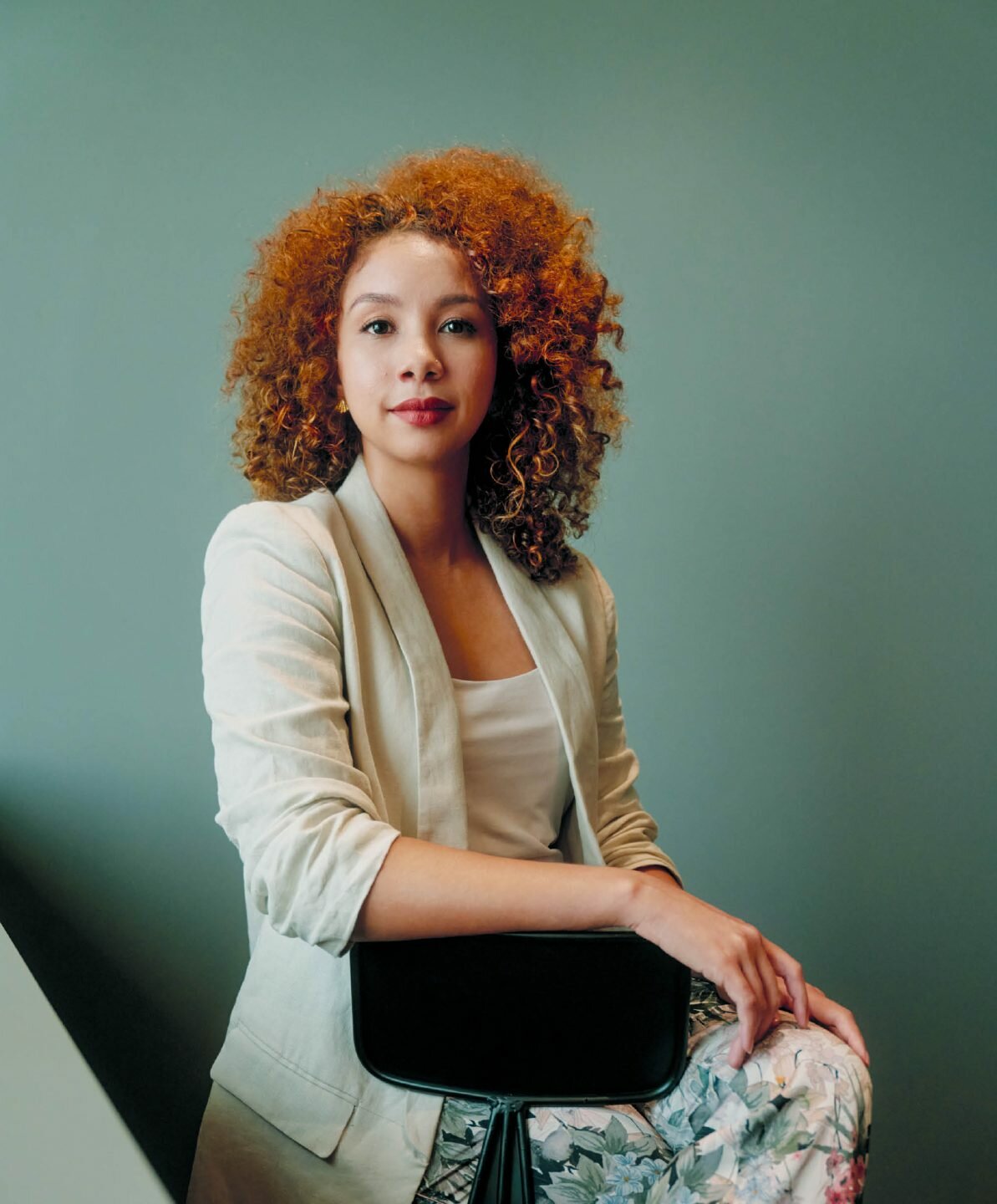The brainchild of former advertising executive Antoinette Patterson, Safe Space is a digital mental healthcare provider that matches people seeking mental health therapy, both online and offline, with counsellors and psychologists in real time. Patterson’s sights are set on building a mental health ecosystem that combines talk therapy, preventive education and communal support to raise awareness of mental well-being while reducing the stigma of seeking help.
When you launched Safe Space in March 2019, mental health therapy was confined to public hospitals, outpatient polyclinics and private psychiatric offices.
Safe Space offers a digital platform that matches users with therapists and psychologists, through which the former receives therapy online through chat or video calls. It was created to solve a personal need: I’d experienced burnout and wanted to speak to a therapist to find a way to overcome it.
But when one is feeling anxious, one isn’t in the best frame of mind to make decisions based on online searches. And I wished there was a person or platform to answer these questions: Which therapist would be the best suited for me? Are they available to see me now? How near are they to my location? Are they within my budget? Observing the gap, I decided to create a working prototype that became Safe Space.
How has Covid-19 brought the future forward for Safe Space?
Due to Covid-19, Safe Space experienced a 64 percent increase in users. As outlined in our Impact Measurement Analysis Report 2020, the top concerns were stress and anxiety. And nearly 70 percent agreed that Safe Space helped improve their mental well-being. The surge in numbers drove us to pivot multiple times to cater to clients’ needs, from providing video calls to replace face-to-face counselling, to extending our service to B2B and adapting our business model to freemium. The last offers three different tiers to include free access to learning materials as well as pay-per-use counselling sessions.
How do you think 2020 will change the way we work and play in the future? Where do you see Safe Space in this big picture?
In the past, there was a lot of resistance to online mental health counselling due to a lack of education on the benefits, data privacy issues and security measures, and for therapists, how it complements their practice. But the digital transformation brought about by Singapore’s lockdown mode meant that we now see more than 90 percent of clients online.
As such, Safe Space was not negatively impacted by Covid-19, but, on the contrary, it’s thrived. That said, we are thankful to be able to help people adapt to the new normal. And we are also pleased that this has increased conversations about improving mental health across the nation. Finally, it’s a topic that’s openly discussed and is no longer considered taboo.
What do you do daily to maintain mental wellness?
Exercise regularly. It boosts serotonin, which is the happiness hormone, so the more you exercise, the happier you become. Hence, I try to work out every day.
Your hero of the year?
Healthcare workers, who gave up their own safety and well-being and that of their families to save humanity from a deadly virus. They have my utmost respect.
